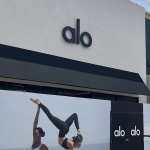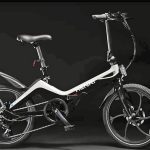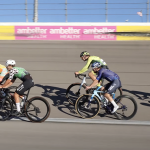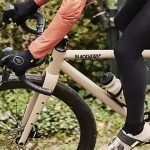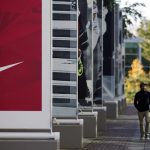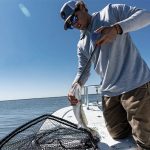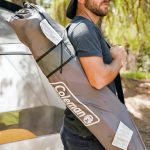The revelation in August that Saucony was exploring opportunities for a sale of the company forced a number of other companies to reveal their plans as well. Industry speculation has had Brook Sports, which is owned by private equity firm JH Whitney, for sale for some time, and executives there told Sports Executive Weekly at WSA that the company was indeed exploring opportunities to sell the business. More recently, the industry has been abuzz about a potential sale of American Sporting Goods, which is owned by footwear icon Jerry Turner and his wife Margaret Oung.
All the (not so) quiet speculation came to head last week as TheDeal.com reported that both companies were indeed on the block and had secured consultants and banks to facilitate auctions.
Recent deals in the space would lead us to believe that both companies could fetch an average 1.1x sales or up to 7.5x EBITDA.
Brooks Sports posted $135 million in sales in 2004, with 58%, or roughly $78 million coming from International sales. The company produced approximately $57 million in sales in the domestic market last year and sees double-digit growth again this year. Bookings for Spring 05 are up double-digits versus the year-ago period.
Brooks is seen as a very strong player in the specialty market but has not played very heavily in the sporting goods or athletic specialty channels. Running Specialty accounted for 79% of total domestic Brooks sales in 2003 versus 35% of the business in the prior year. Sporting Goods shrunk from 29% of sales in 2002 to just 8% of sales last year. Athletic Specialty was just 6% of sales last year compared to 15% of sales in 2002.
Brooks sales in the Specialty channel are expected to grow more than 34% in 2004 versus roughly 17% in 2003.
Sales in the Specialty channel grew more than 49% in 2002.
This strength is also seen as a potential weakness in any sale. While the company has clearly cleaned up distribution and built profitability, any suitor would certainly look at the potential growth available in the Specialty channel.
American Sporting Goods, which has estimated sales in the $200 million to $225 million range, has a model that is almost the opposite of Brooks, focusing its brand stable that includes Avia, Ryka, Turntec, Nice, Nevados, and Yukon on the mid-market and family footwear channels of distribution.
Turner is seen as the consummate footwear guy, able to work deals and turn product around very quickly. Retailers tell stories of visiting the companys Irvine headquarters, discussing SMU ideas over lunch and having a rough sample after dinner.
The strength here is again also the weakness as many see this busy as Jerry Turner. There has been much discussion about a lack of a succession strategy here and there is evidently no one waiting in the wings to take the reins.
The company has good senior sales and general management people in both footwear and apparel, but no one has been groomed for the next level. People attribute much of this to the current culture of the company which keeps senior management out of any key decision-making roles.
Operational execution is seen as a weak point for ASG, as the company struggles with a change in systems.
The other issue for a potential sale here will be whether the China factories are included in the deal. Access to the factories are key to the companys success, factories that are controlled by Ms. Oung and her family. Industry watchers also expect there is some involvement here with the Chinese government, which could be a challenge.
Wachovia Securities is running the auction for ASG.
Compared to Saucony, SEW sees the Brooks deal as a more compelling deal both due to price and prospects. While Saucony has spent the last year pumping up volume through mid-price running shoes, Brooks has cleaned up its distribution network and is positioned for growth. We see broader category opportunities for Brooks, but less lifestyle upside than Saucony. Either or both could go as a strategic deal for another footwear company that seeks an entree into the performance market. SEW has in the past suggested that Reebok, PUMA, K-Swiss, and Timberland are all good possibilities here. Again, Brooks would be far less expensive and would give any of those companies a solid performance platform.
ASG on the other hand would be a nice fit for K2 Inc. Dick Heckman has made no secret of the fact that he would like to have a footwear company, but not necessarily a footwear brand. ASG would be the perfect platform from which to build product for the companys broad stable of brands. ASG already makes performance product, outdoor product, and skate product. Sound familiar?




